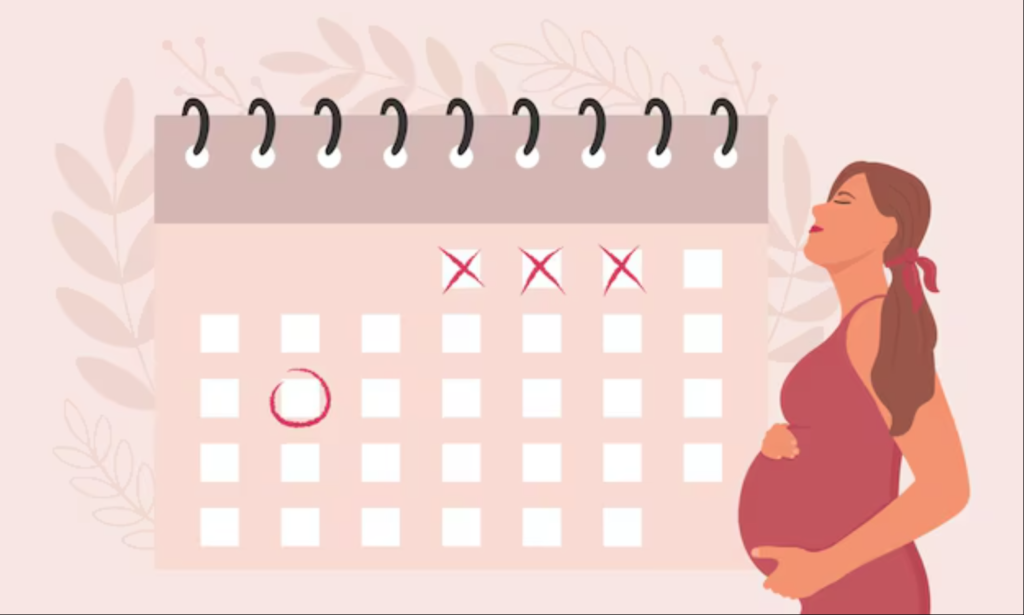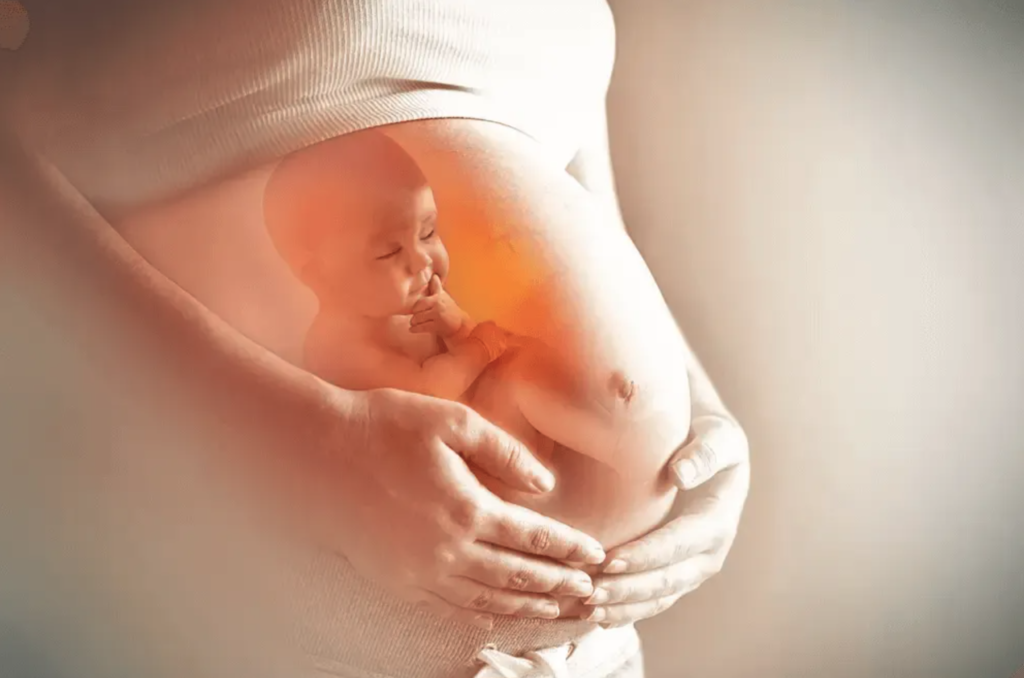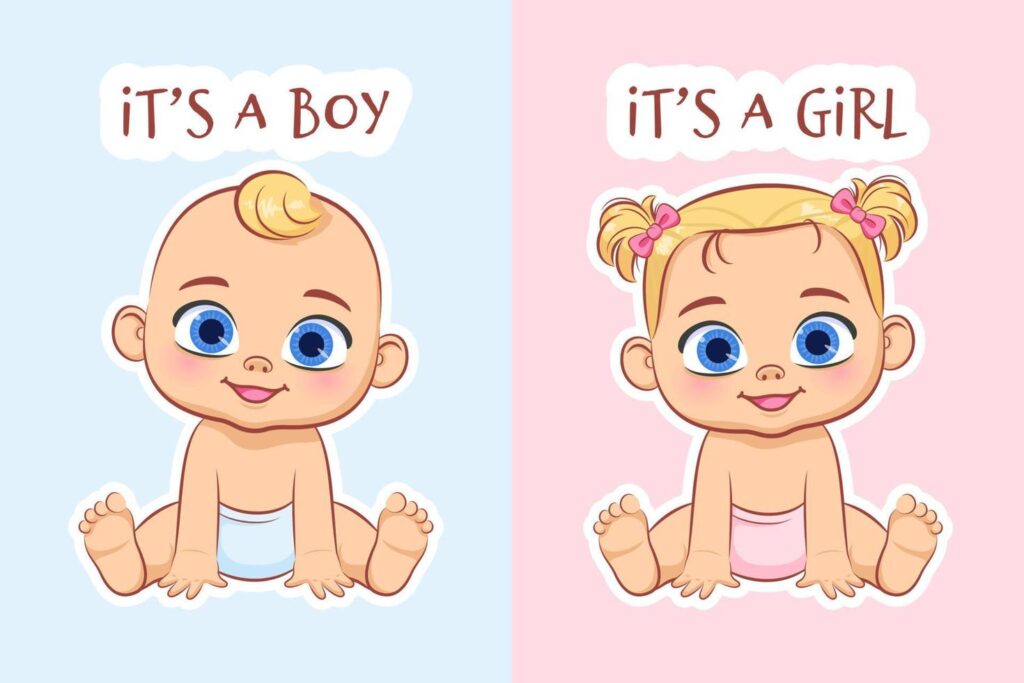A full-term pregnancy typically lasts about 40 weeks, measured from the first day of your last menstrual period (LMP) to your due date. This duration can range from 37 to 42 weeks and is divided into three trimesters. Here’s a breakdown of what each stage involves:
Understanding Full-Term Pregnancy Stages
- Early Term: Babies born between 37 weeks and 38 weeks, 6 days are considered early term. Although they are fully developed, some organs, such as the brain and lungs, might still be maturing.
- Full Term: A pregnancy that reaches 39 weeks to 40 weeks, 6 days is classified as full term. This period is considered ideal for birth because babies born at this stage are generally the healthiest and have the best outcomes.
- Late Term: Late term refers to babies born between 41 weeks to 41 weeks, 6 days. While still healthy, the risk of complications may slightly increase as the pregnancy progresses beyond 41 weeks.
- Post Term: Babies born at 42 weeks or later are considered post-term. This stage may come with higher risks for both the baby and the mother, requiring careful monitoring and possible medical intervention to induce labor.
Why the 40-Week Mark Is Important
The 40-week timeframe is essential because it allows for the complete development of the baby’s vital organs and systems, particularly the lungs, brain, and liver. While some babies develop faster or slower, reaching full term generally means the baby is ready for life outside the womb with minimal medical support.
Factors Influencing Pregnancy Duration
Several factors can influence how long a pregnancy lasts, including:
- Previous Pregnancies: First-time mothers may go into labor later than those who have had children before.
- Genetics: Family history and genetic factors can play a role in how long the pregnancy lasts.
- Maternal Health: Conditions like diabetes, hypertension, or other medical issues can affect the timing of delivery.
- Multiple Pregnancies: Twins or multiple babies often lead to earlier labor compared to single pregnancies.
Why It’s Best to Wait Until 39 Weeks or Later
Research shows that babies born at full term (39-40 weeks) tend to have better health outcomes compared to those born earlier. Full-term babies are less likely to experience respiratory distress, developmental delays, or require neonatal intensive care.
Conclusion
While a full-term pregnancy is considered to be 40 weeks, anything between 37 and 42 weeks is generally safe and healthy. It’s always best to consult with your healthcare provider to monitor the progress of your pregnancy and address any concerns about timing and delivery.



